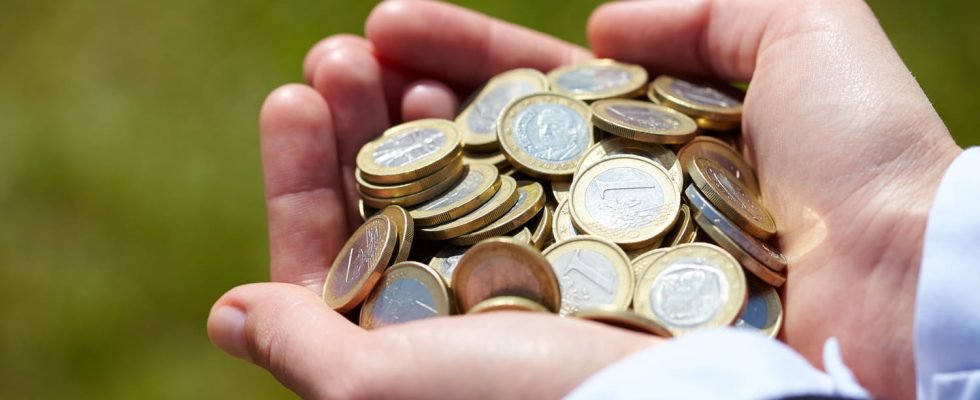Many French people think they have a treasure. Wrongly, most of the time.
“Everyone has something to sell”: this is the famous slogan of the daily France 2 show, “Affaire concluded”. Yes, everyone has something to sell, but not everything has value. Or at least, a lot of value. However, in a period where the French are trying to diversify their income, particularly by emptying their cupboards and drawers, a warning is needed about a common practice which can cause you to lose a little or even a lot of money. At least compared to what you think you have in your pockets…
Many people believe they have coins worth much more than the amount written on their face. If you perhaps have a treasure with a very old coin (and still!), thinking that your euros can bring you big returns is illusory. However, the market for the sale of coins common to 20 European countries is abundant on the internet, with a particular fantasy on those of 2 euros. People do not hesitate to put pieces for sale on Ebay, Rakuten and other sites that they consider to be “rare” because of a detail.

“2 euro coin Germany 2008 faulty in 2 places”. Starting price: €350,000; “Lot of three rare 2 euro coins”, €180,000; “Rare 2 euro coin”, €50,000. Others at 500, 1000, 2000, 5000€… In a few clicks, it is very easy to come across an ad. But be careful not to get caught in a trap. “If the coin does not come from a box, it’s a scam,” warns Thomas Luques, a numismatist based in Reims and Isère. “The rare 2 euros, excluding the box, do not exist,” says Bruno Visentini, president of the French Federation of Numismatic Associations.
These specialists say they have dozens of calls a day from customers, ready to buy online, to find out if it is a good deal or not. The answer is always the same: “There are no rare coins, worth thousands of euros, that are in circulation.” They therefore recommend only buying in store, from a professional.
But where does this madness come from to try to resell euros? In the eyes of numismatists, it is a vicious circle that is self-perpetuating. “Some put a piece on sale for €50,000, another similar one for €100. A person will buy it for €100 thinking they are getting a good deal when it is actually a scam,” explains Thomas Luques, “and therefore, some are convinced that their coin is valuable because they saw the coin more expensive on the internet.”
To be sure not to be fooled, it is better to go to a numismatist. This holds the currency quotation books which make it possible to determine the prices of the coins. A necessary benchmark. Most of the time, “I tell customers that they can go shopping with their coin”, quips Bruno Visentini.
